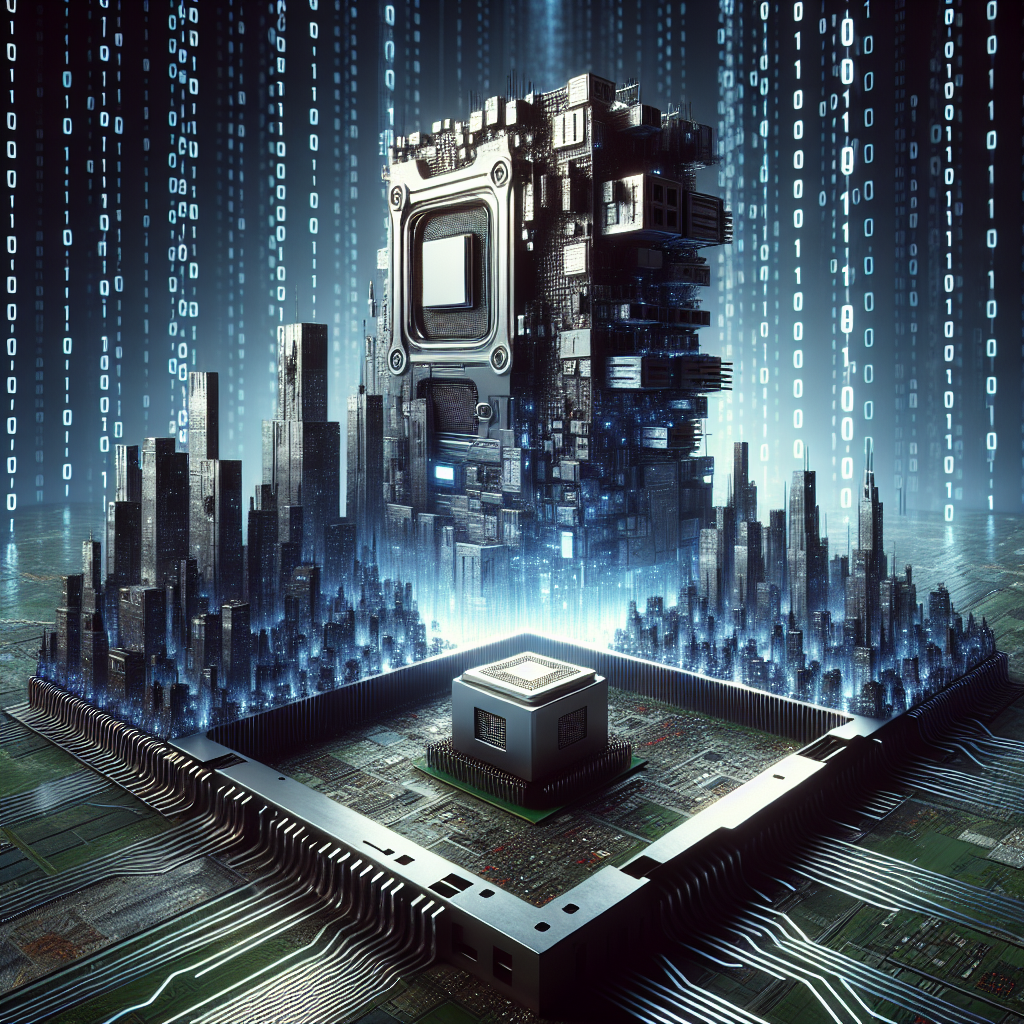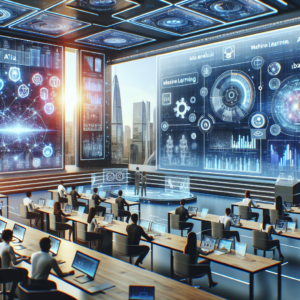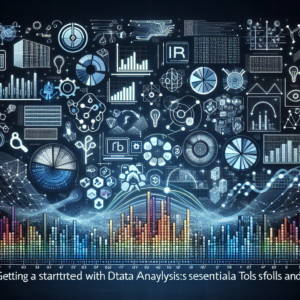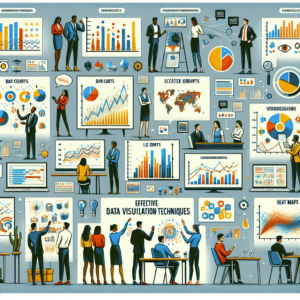In the realm of modern computing, Graphics Processing Units (GPUs) have emerged as powerful components, playing a central role in delivering high-performance computing. As we delve into the world of artificial intelligence, machine learning, gaming, and graphic designing, understanding the functions and importance of GPUs becomes crucial. GPUs are no longer just about rendering images for games, but have evolved to become the backbone of advanced computational tasks.
Understanding the Functions and Importance of GPUs
The primary function of a GPU, as the name suggests, is to render graphics. A GPU is designed to rapidly manipulate and alter memory to accelerate the creation of images intended for output to a display device. GPUs are capable of performing quick, simultaneous calculations, making them far more efficient at tasks involving a high degree of parallelism compared to CPUs. The trend towards incorporating more cores in GPUs illustrates this emphasis on parallelism.
Over the years, GPUs have evolved significantly and their role has expanded beyond graphics processing. They have become an essential part of advanced algorithms and computational models. Particularly, in fields like deep learning and artificial intelligence, GPUs play a vital role due to their ability to process large blocks of data simultaneously. This ability is crucial for tasks involving big data analytics, scientific computing, and deep learning networks.
With the rise in virtual reality (VR) and augmented reality (AR), GPUs have become even more significant. These technologies demand real-time rendering of complex visuals which necessitates the high-speed processing capabilities of a GPU. Moreover, GPUs are increasingly being used in servers for tasks like video processing and rendering, 3D application streaming, and even cryptocurrency mining.
Summary: The Crucial Role of GPUs in Modern Computing
The role of GPUs in modern computing cannot be overstated. With the proliferation of data-intensive applications and tasks, GPUs provide the necessary processing power to handle these tasks efficiently. They offer a highly parallel structure that makes them more effective than general-purpose CPUs for algorithms where the processing of large blocks of data is done in parallel.
GPUs play a crucial role in the development and performance of machine learning algorithms. These algorithms require significant computational power to process vast amounts of data. GPUs, with their parallel processing capabilities, provide an efficient solution to this demand. In the realm of gaming, the importance of GPUs is quite evident as they are responsible for rendering lifelike graphics and ensuring smooth gameplay.
In the bigger picture, GPUs are driving major advancements in many areas of technology. They are at the heart of data centers, powering cloud-based services and applications. They are also a key component in supercomputers, aiding in complex simulations and research work. In summary, GPUs have become an indispensable part of the modern computing landscape, driving both the performance and capabilities of modern devices and systems.
In conclusion, the role of GPUs in modern computing has evolved from solely rendering images to driving high-performance computations in various fields. Whether it is in machine learning algorithms, gaming, scientific computing, or the emerging field of virtual and augmented reality, GPUs provide the necessary processing capabilities to handle these tasks efficiently. As technology continues to advance, the importance of GPUs in the world of computing is only set to increase, shaping the future of high-performance computing and beyond.











